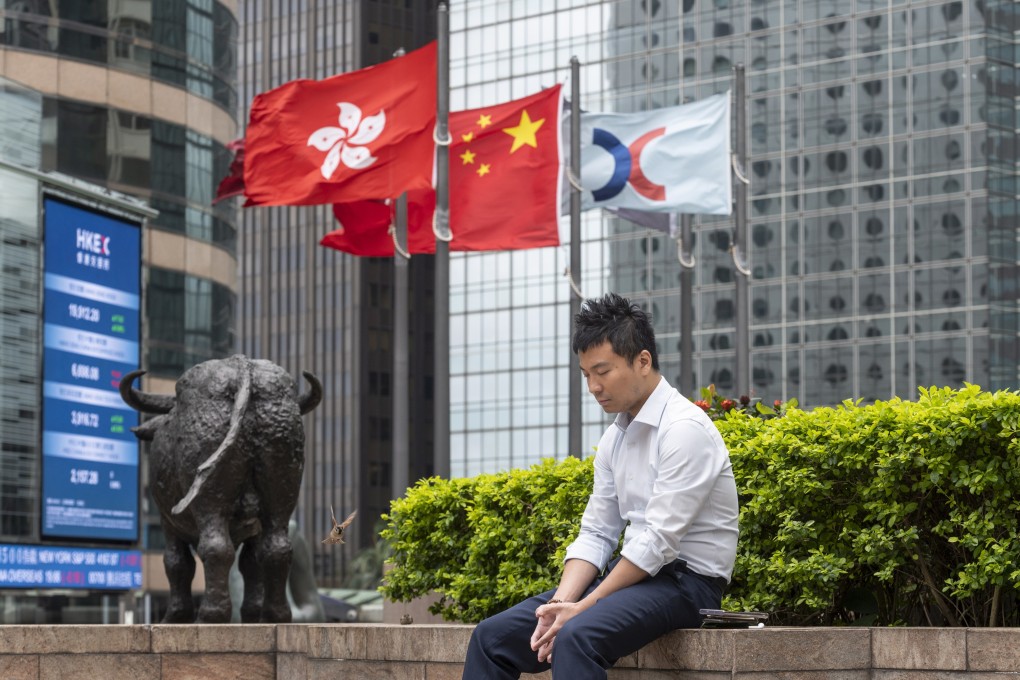AIA, Tencent, Xiaomi – some of Hong Kong’s top listed firms – boost share buy-backs as bear market sets in
- At least 26 companies disclosed buy-backs totalling HK$667 million (US$85.2 million) on Tuesday, according to data compiled by Securities Times
- AIA, which has been the most active company in buying back its shares this year, has spent HK$12.5 billion

Insurer AIA, the Hang Seng Index’s biggest constituent with an 8.1 per cent weighting, spent HK$132 million buying back 1.73 million shares on Tuesday, while second-ranked Tencent, with an 8 per cent weighting, bought back 1.12 million shares for HK$352 million for a sixth straight day of repurchases, according to exchange filings. Chinese smartphone maker Xiaomi bought 2.2 million shares for HK$23.2 million after buying back the same number of shares a day earlier.
The slew of buy-backs may boost the fragile sentiment on the Hong Kong market, which has underperformed many of the world’s major stock benchmarks this year, as China’s reopening trade has fizzled out amid a dismal growth outlook and escalating geopolitical risks.

After an 8 per cent decline this year, the Hang Seng Index trades at a 9 per cent premium to the book value, compared with an average of 20 per cent over the past decade, according to Bloomberg data.
The valuation of the Hang Seng Index has fallen to a low level and now represents long-term investment value, said Cliff Zhao, a strategist at CCB International in Hong Kong.
